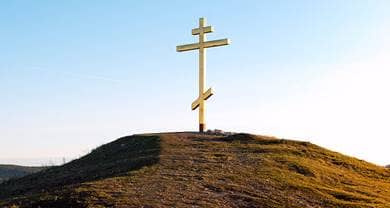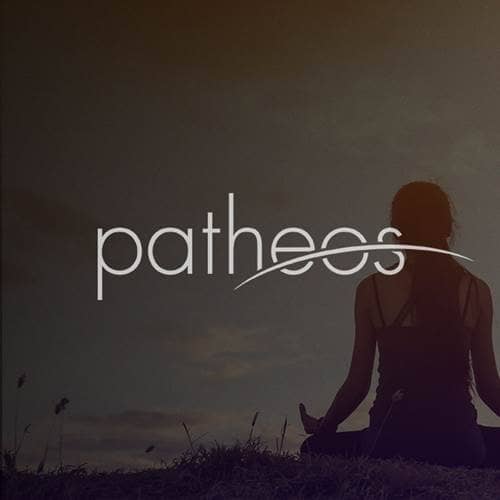- Trending:
- Pope Leo Xiv
- |
- Israel
- |
- Trump
- |
- Social Justice
- |
- Peace
- |
- Love

RELIGION LIBRARY
Eastern Orthodoxy
Founders
Eastern Orthodoxy traces its founding to the Pentecost, which is described in the Acts of the Apostles. According to the account, a dramatic and mysterious event occurred seven weeks after the death of Jesus. Jesus' followers were gathered in Jerusalem for the feast of Shavuot when "suddenly from heaven there came a sound like the rush of a violent wind, and it filled the entire house where they were sitting. Divided tongues, as of fire, appeared among them, and a tongue rested on each of them" (Acts 2:2-3). The apostle Peter preached the first sermon that day and many new believers were baptized. The apostles began evangelizing in order to spread the Gospel. Thirty years later, Christian communities could be found in most towns of the eastern Mediterranean, largely due to the missionary efforts of the apostle Paul.
The apostles and their followers are credited with founding Christian communities in several cities that became key centers of Eastern Orthodoxy. Jesus' apostles founded the first community at Jerusalem, with James, said to be the brother of Jesus, as its first bishop. The apostle Paul is credited with founding Christian communities in several cities of the Eastern Mediterranean, in particular Antioch in Syria. Tradition also holds that another important center of Orthodoxy, Alexandria in Egypt, was founded by the evangelist Mark, said to have written the Gospel According to St. Mark. The Orthodox Church is strongly dedicated to preserving the traditions of its founders, which it views as holy.
The Eastern Orthodox Church also calls itself the "Church of the Seven Councils," highlighting the importance to Orthodoxy of the seven ecumenical councils that convened between the 4th and 8th centuries. The councils were called ecumenical, or universal, because bishops from all over the Christian world attended to discuss questions of faith and practice that were challenging the young church. At these councils, the assembled bishops defined the common life of the church, and agreed upon the definitions of two of the fundamental doctrines of Christian faith, the Incarnation and the Trinity. Eastern Orthodoxy still practices this decentralized approach to decision-making and dispute resolution, believing that when a council or synod is assembled, the conditions at Pentecost are recreated and the decisions of the assembly are made under the guidance of the Holy Spirit. An eighth ecumenical council, one formed of representatives from the whole Christian world and able to speak for all churches, has yet to assemble.
The monasteries of Orthodoxy have contributed significantly to the development and continuity of Eastern Orthodox tradition. Many of the most revered Church Fathers emerged from the monasteries, including Gregory of Nyssa (c. 335-395), Gregory of Nazianzus (c. 329-391), and Basil of Caesarea (c. 329-379). Orthodox monks took the gospel to the Slavs, and the Slavic influence gave Eastern Orthodoxy much of its more contemporary personality. The great spiritual traditions of the church have been preserved and given full expression in the monasteries, and they have played a vital role in the preservation and dissemination of the liturgies of the church. Many of the monasteries of the Eastern Orthodox Church are world-famous for their remote locations and their beauty, especially the monasteries of Mt. Athos in Greece and the monastery of Saint Catherine at Mt. Sinai. Mt. Athos, a peninsula in the Aegean Sea, is entirely devoted to monasteries. With twenty monasteries, a number of small houses, and hermits' caves, Mt. Athos has been at the heart of Orthodox monasticism since the 10th century. Many patriarchs and bishops have been elected from Mt. Athos, and many teachers and spiritual guides have emerged from its various communities.
Study Questions:
1. Why could Pentecost be seen as the first missionary effort of Christianity? Why is this tradition important to Eastern Orthodoxy?
2. What are the Seven Ecumenical Councils of the Eastern Orthodox Church? Why are they called this?
3. How have monasteries helped to develop the Eastern Orthodox tradition?










